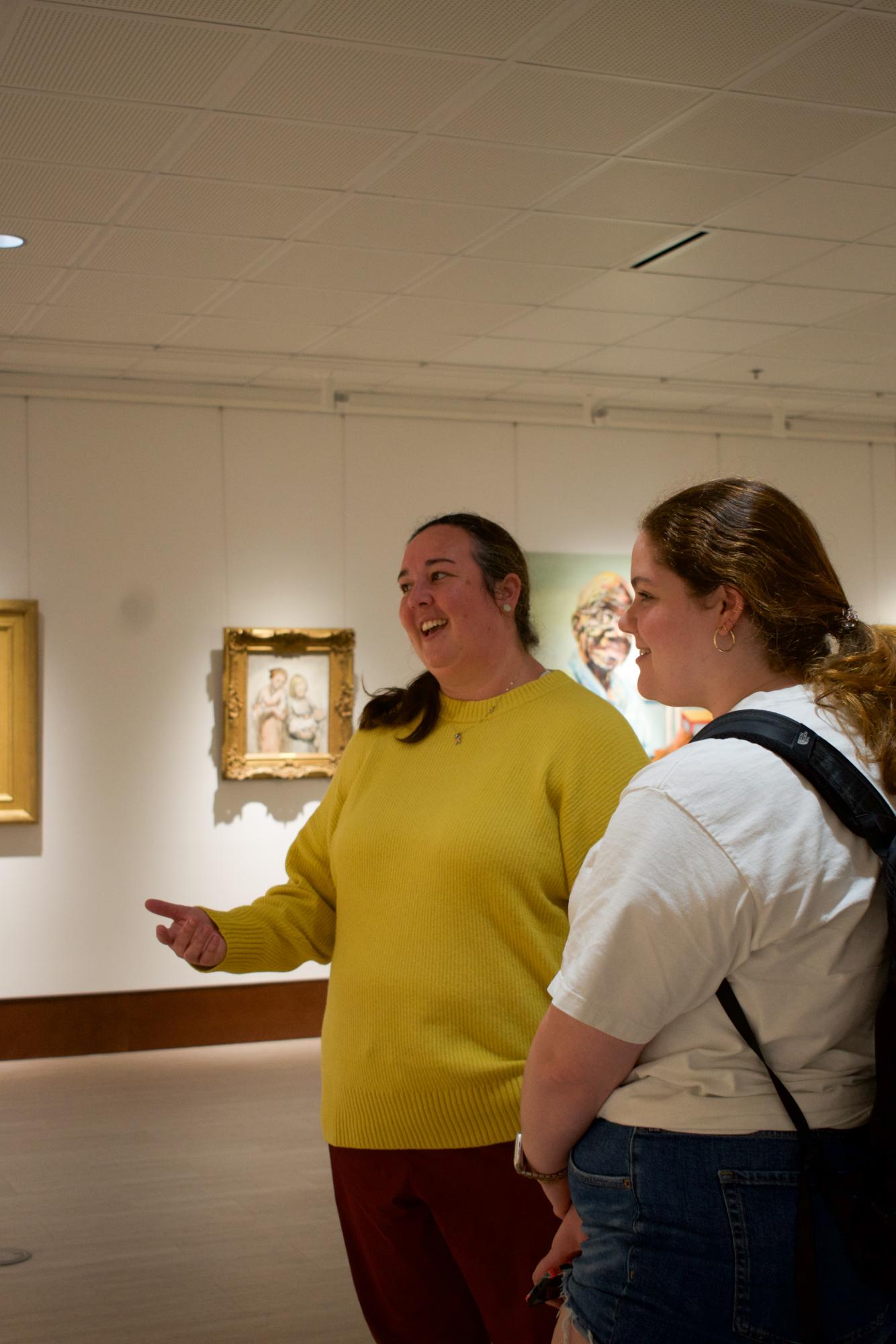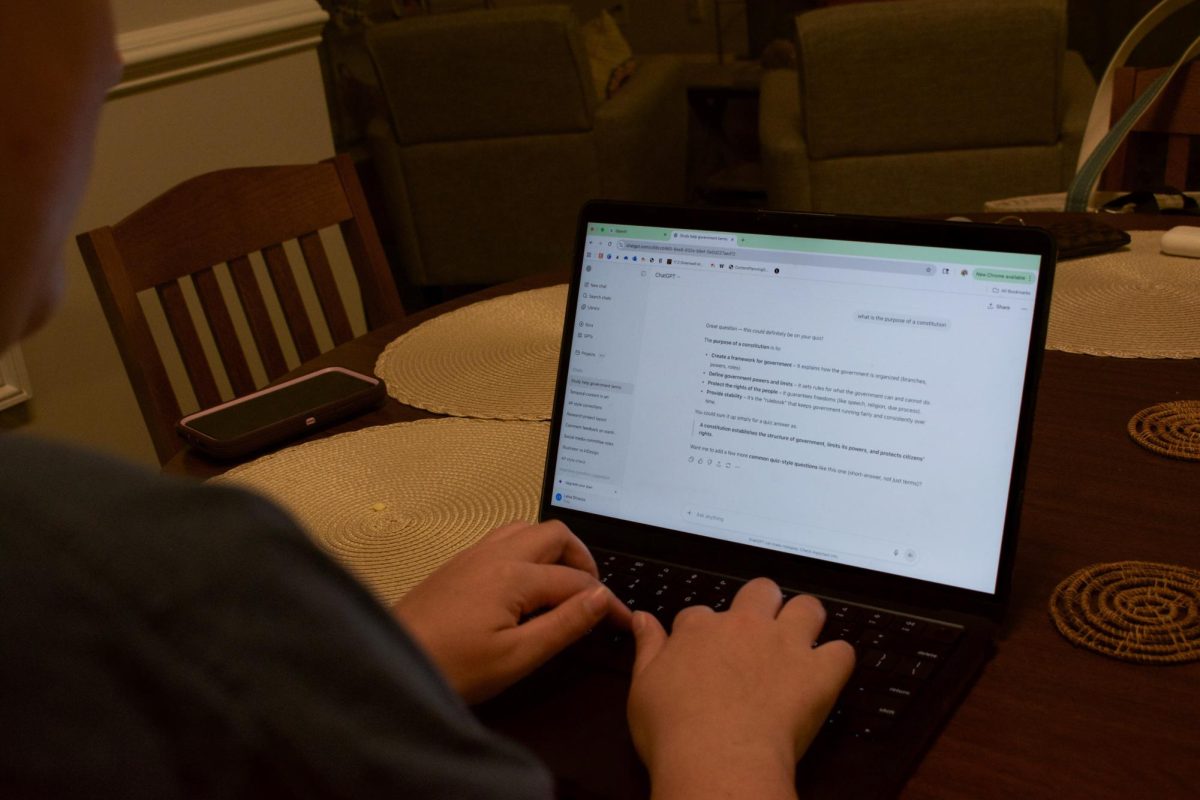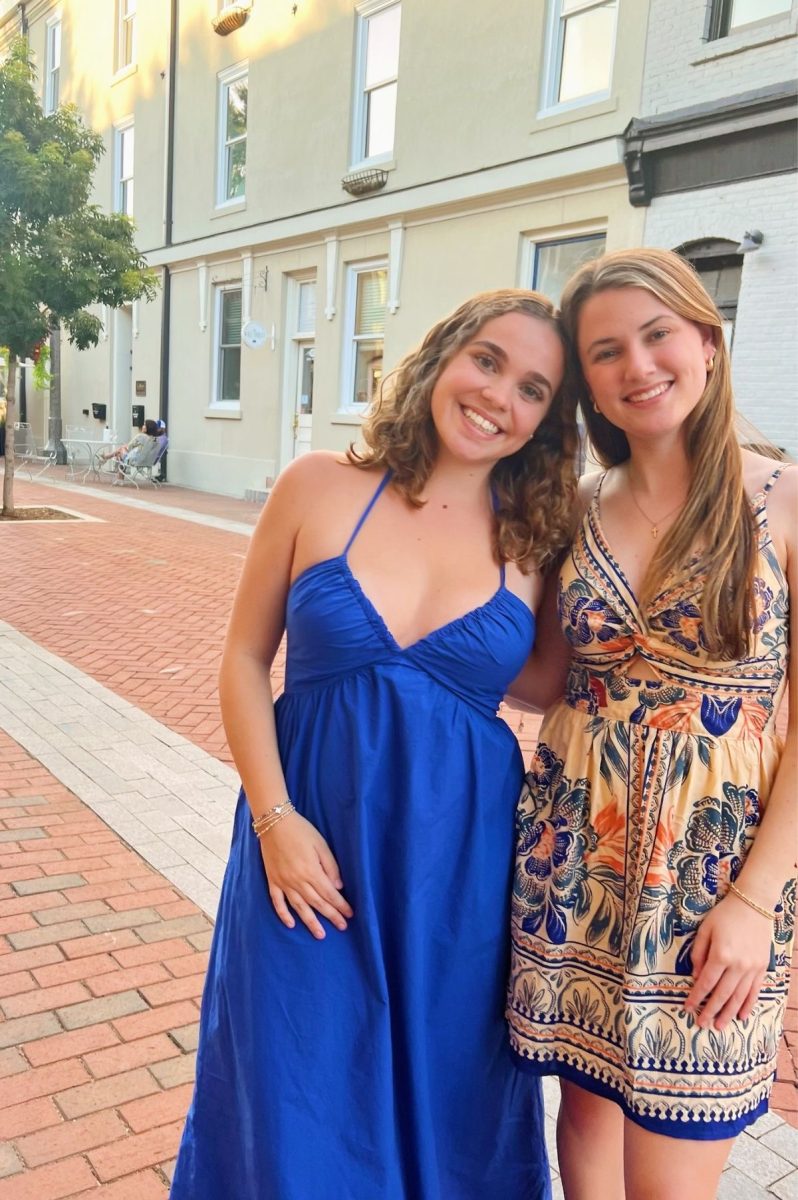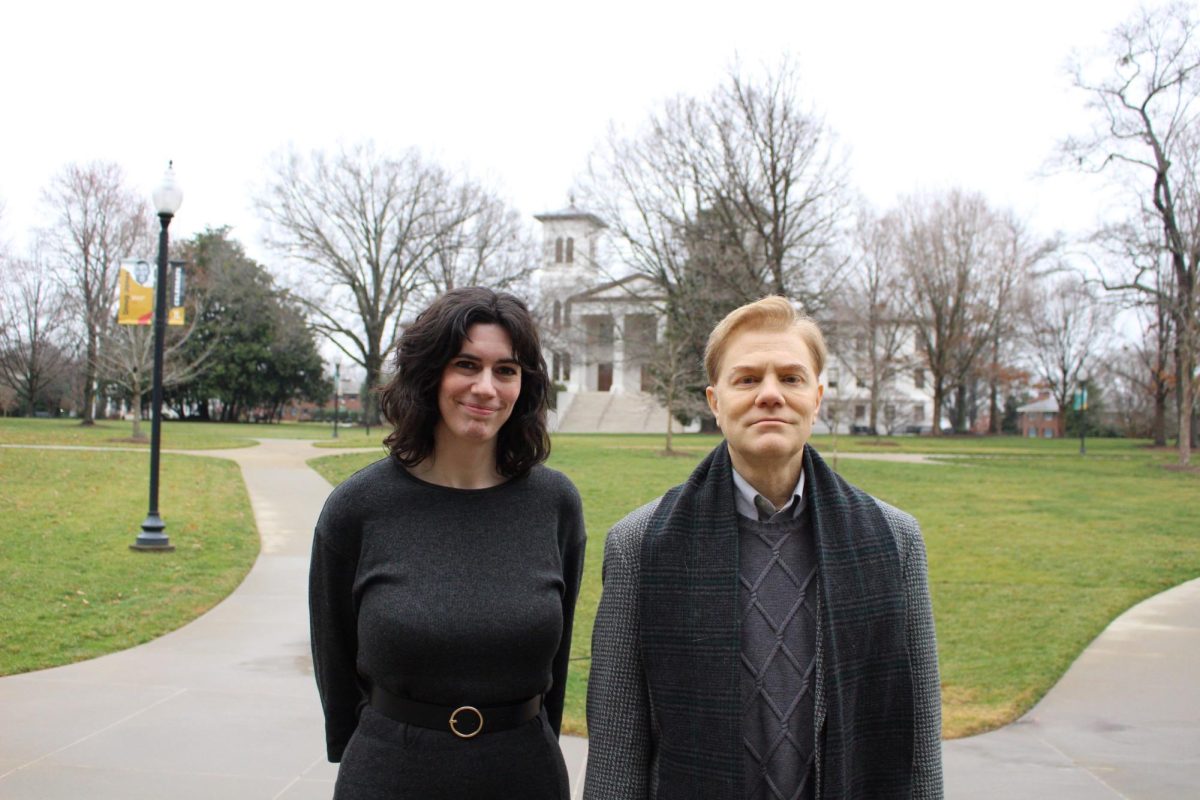Limestone University was a prominent institution in the upstate for nearly two centuries, but now it stands vacant with “no trespassing” signs hanging from all the doors. The biggest question remains: how does everyone move on?
For students that were enrolled when the college shut down, it was tricky. Seniors were in the clear and would be the final class to walk at graduation. But, juniors, sophomores and freshmen needed to find an exit strategy, and fast. Transferring wasn’t just an option, it was a necessity.
While students’ well-being was the priority in this unfortunate circumstance, everyone who was employed by Limestone University would be facing the loss of their jobs following graduation and needed to figure something out.
Emily Tuttle, now a visiting assistant professor of art history at Wofford, was one of these faculty members who had devoted 10 years of her life to Limestone and helping students flourish, and one Wednesday in April 2025 changed all of that.
“It was my first big tenure track job … It was shocking. We had known of financial instability for a long time and in the past two years we’d taken a big hit in budget and program cuts. We knew we were being cautious with funds. The individuals responsible for this mismanagement of funds were the former president and CFO who had left the school,” Tuttle said.
The news first came through friends who had heard rumors through the grapevine. But once the rumors sparked, the wildfire erupted and emails started to fly in. Mandatory meetings and conferences culminated in the school of only 900 sitting in a gymnasium hearing the news that their college would be closing.
Students took to social media to voice their concerns. There was talk of keeping the school open if they could raise a certain amount of money and students began to beg influencers for donations, but in the end Limestone closed its doors following its last graduation on Saturday, May 3.
“There was so much disappointment. We were a small school, like 900 students … We were very tight. So there was anger but mostly sadness. We were getting ripped apart and it still very much feels that way. We all try to keep in touch, but it’s hard,” Tuttle said.
With underclassmen forced to figure out their next steps, most started touring other schools in the upstate. Tuttle tried to assist in any way she could by advocating for her students. Some toured Wofford, but her students all ultimately ended up spread out across the upstate.
“Most of them ended up at USC Upstate and Winthrop and I know I have one at Gardner-Webb– a few at Lander and Newberry. A lot of the nursing students ended up at Newberry,” Tuttle said. “The professors needed to clear out too, some had 25 years worth of equipment and memories in their office.”
Dylan Guion only had one more credit left in his degree from Limestone when the shutdown was announced. He made the transition to Newberry and now commutes for one class a week to finish his studies. The closure was as big of a shock and disappointment to students as it was to everyone else.
“It feels weird when I’m on campus coming from knowing everyone to knowing no one. Having to try and meet people hasn’t been easy. Newberry helped out so much and made the transition easy … (they) gave me a Limestone Legacy scholarship,” Guion said.
Tuttle thinks the biggest hit from Limestone’s closure won’t be from the students who had to change their entire academic career or people like her who have to find new jobs, but the town of Gaffney itself.
Limestone was established in 1845 and the town of Gaffney grew around it. Because of that, many folks who lived in Gaffney grew up intending to go to Limestone. Tuttle mentioned there were a lot of local students who stayed in Gaffney because they loved the culture. There are many museums in the area and events that would take place on Limestone’s campus.
But without the cultural hub of Limestone University, those events that keep the town alive will disappear. There are no more plays, art receptions, or athletic events to drive the economy, nothing to be the glue.
“I have a lot of fun memories there … But it’s a really bad time to not have a job in academia. I will be at Wofford for a really good year and that’s all I can say for now,” Tuttle said.
While Tuttle is only contracted to work at Wofford for the 2025-26 school year as a visiting assistant professor, she’s excited to see what this year brings and to keep fostering connections with students she’s already built. Limestone will always be apart of her story and she is grateful for the time she spent there.






